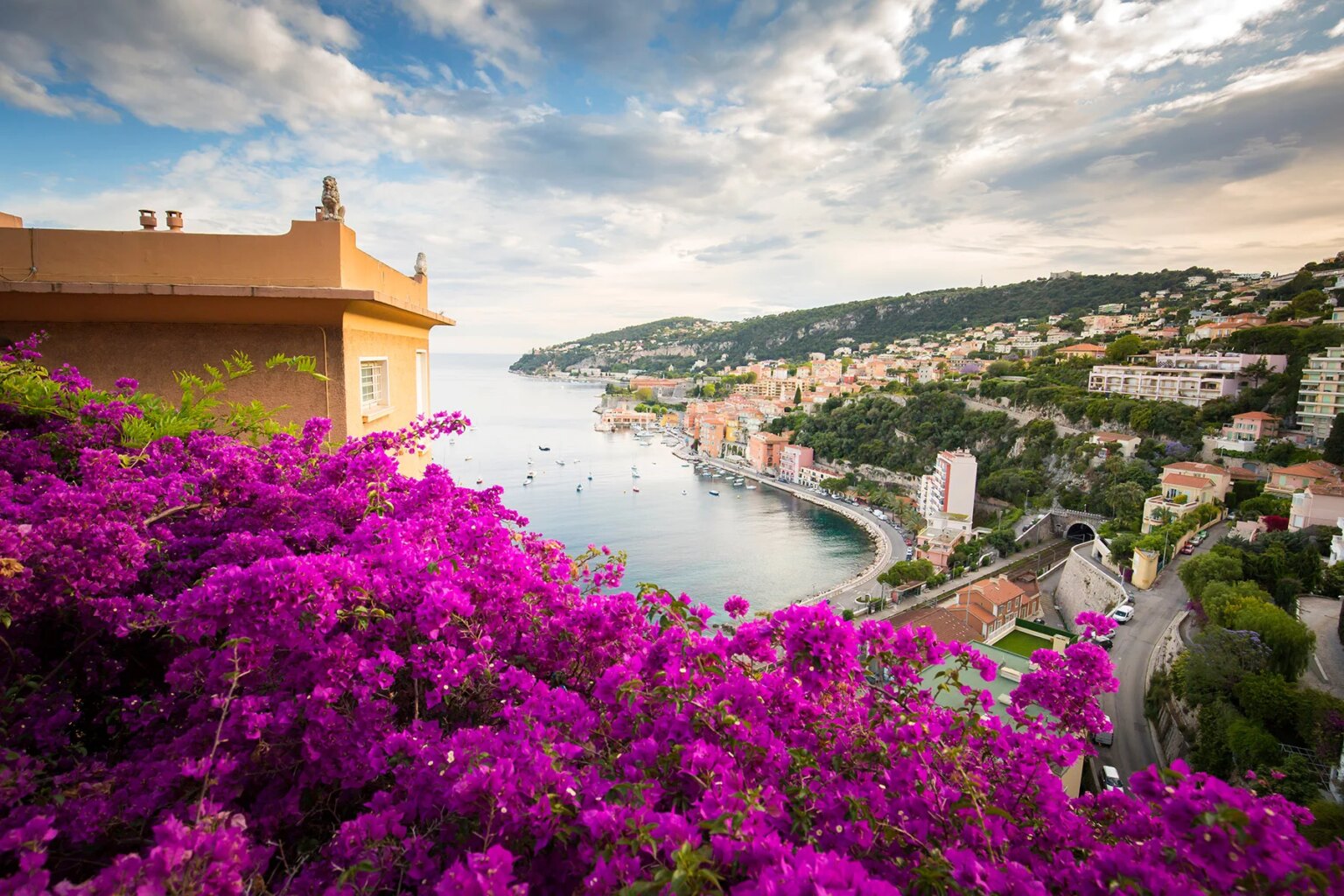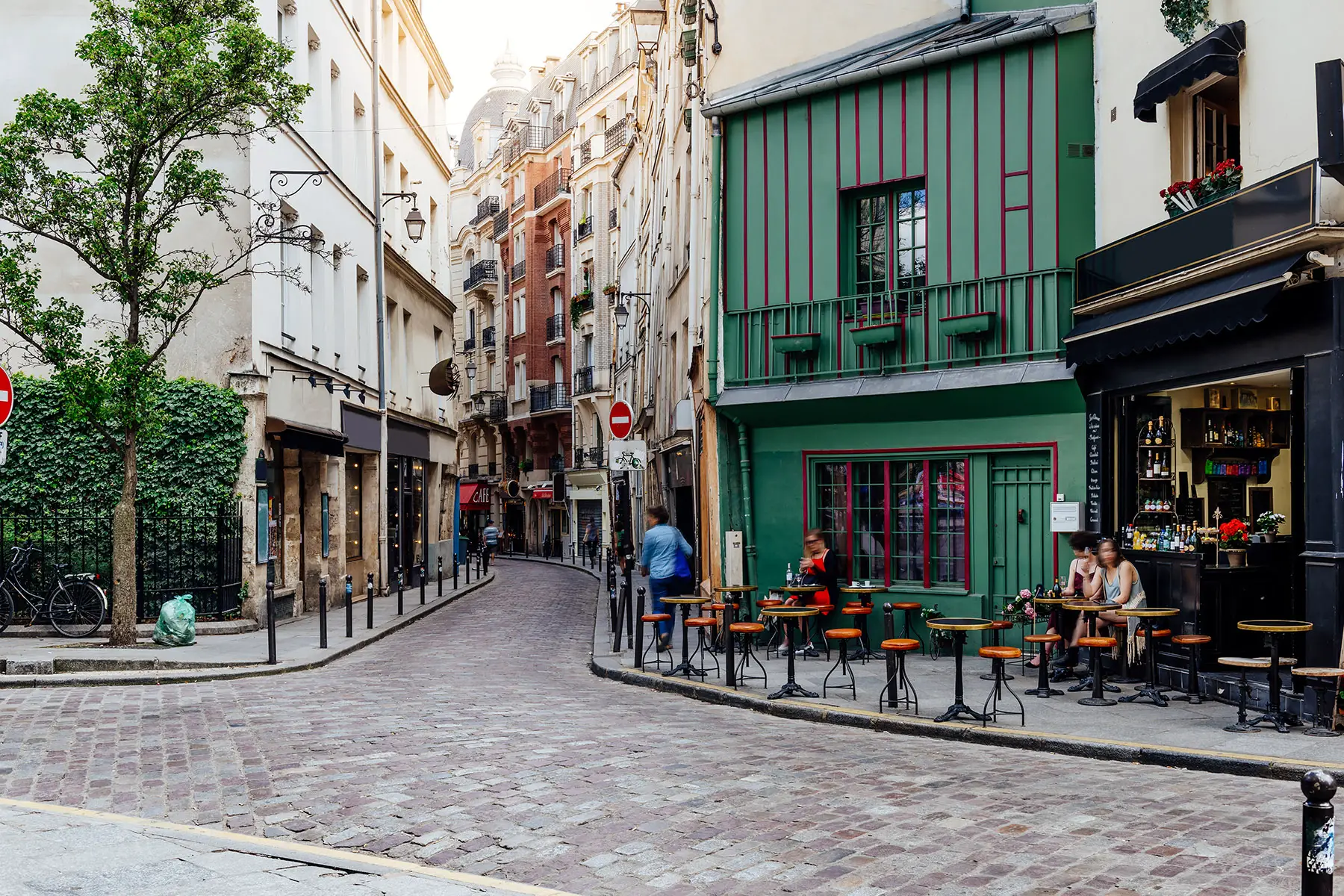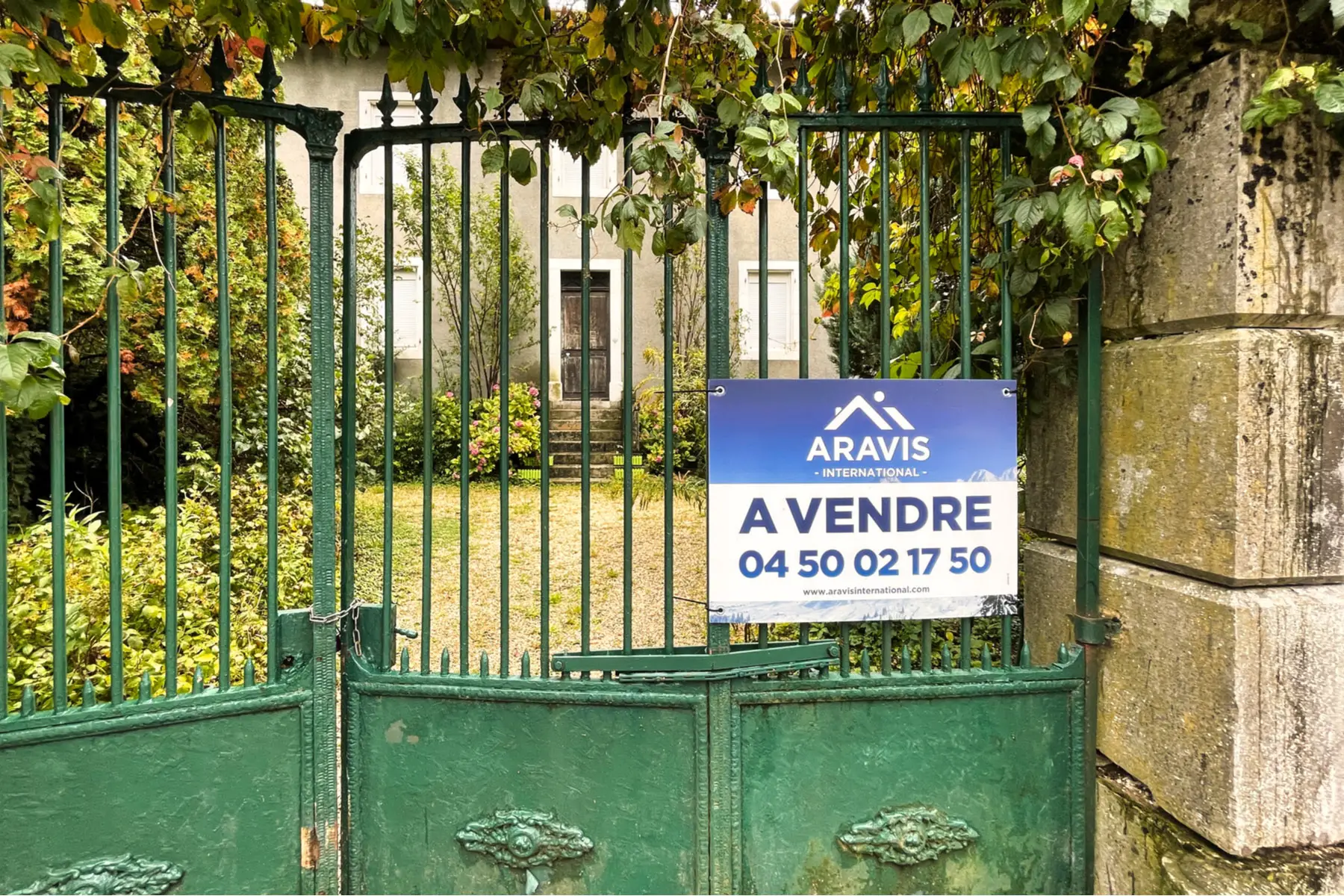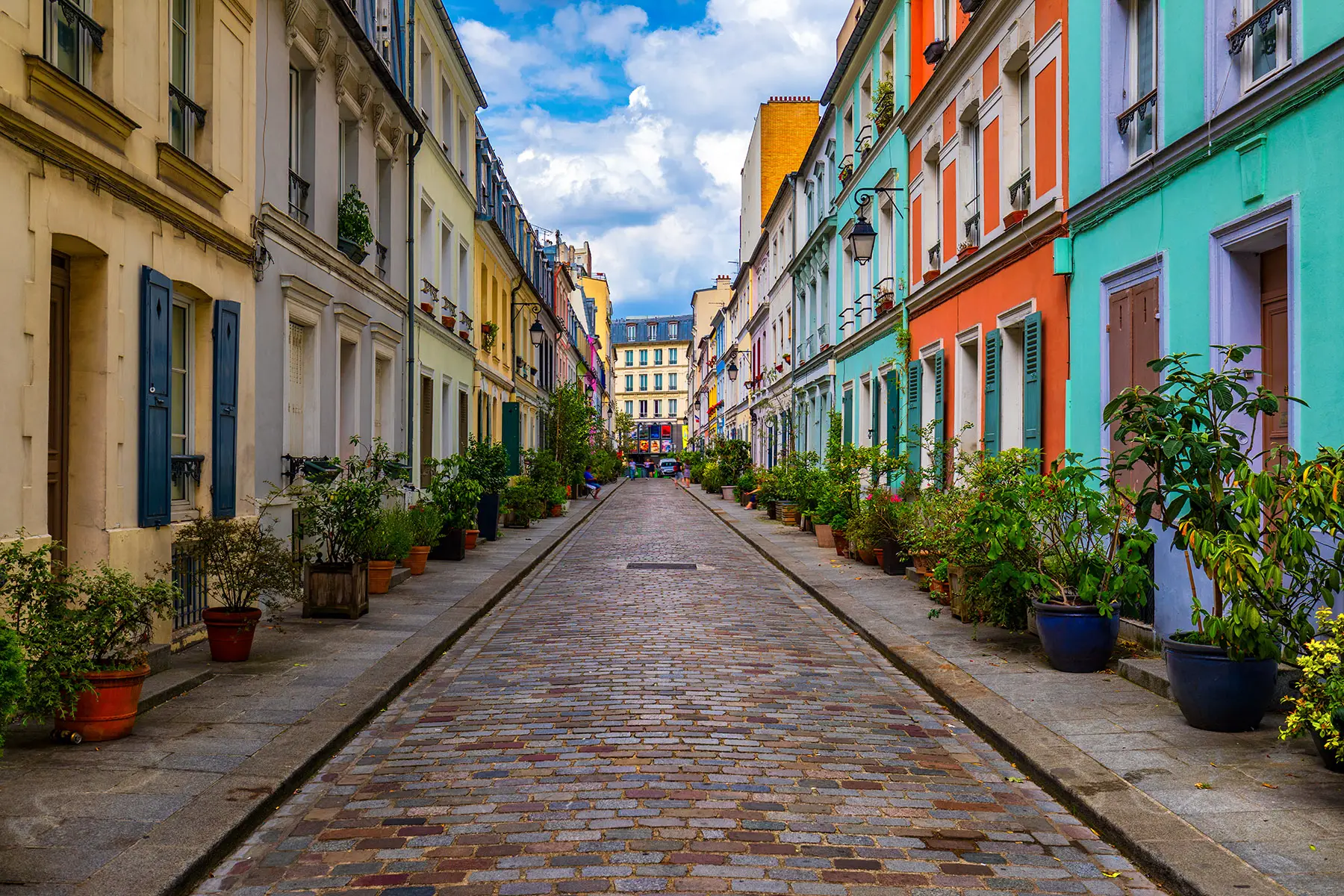With a temperate climate, stunning landscapes, great food, and gorgeous architecture, the Côte d’Azur has long been a choice destination for expats in France. However, the abundance of options can make it challenging to decide where to live.
This article will help you to choose your next home in one of the region’s coastal villages, inland towns, or famous cities. Explore the different areas and their many accommodation options in the following sections:
Spotahome
Looking for somewhere to rent in France? Spotahome takes the hassle out of househunting by doing the hard work for you. Their online platform lets you find, view, and book rental properties all from the comfort of your own home. Take the stress out of househunting in France with Spotahome.
Why move to the Côte d’Azur?
The Côte d’Azur, also known as the French Riviera, is one of France’s most iconic destinations. Stretching from Hyères in the west to Menton in the east, it encompasses many well-known cities and towns, including Nice, Antibes, and the city-state of Monaco.
For decades, people have descended on the Côte d’Azur not only for its natural beauty but also for its glitz, glamor, and high standard of living.
It’s an appealing place for many – retirees may enjoy the relaxed pace of life, professionals can be close to international business hubs, and families can appreciate its safety, outdoor lifestyle, and international schools, including:
Provence-Alpes-Côte d’Azur is France’s third-most affluent region, largely thanks to its booming tourism industry, which sees 11.5 million visitors per year. Other local industries also thrive year-round, including technology, education, maritime, and cosmetics. Sophia Antipolis, Europe’s leading technology park, employs around 43,000 professionals from 80 different nationalities.
Although the region boasts excellent healthcare, safety, and infrastructure, it has a higher cost of living than the country average. Its public transport network includes Zou! and Lignes d’Azur bus lines and SNCF trains, which provide seamless connections across towns and into Monaco.
How to find housing on the Côte d’Azur
One of the easiest ways to begin looking for a place to live on the Côte d’Azur is online. The following platforms are great options for internationals looking for a short-term rental.
However, for longer-term solutions, many expats work with a local real estate agency (agence immobilier). This can streamline the process – you simply tell the realtor your budget and requirements and they assist you in the house hunt and inevitable paperwork. Almost all towns and villages in the region have an agence immobilier with listings in their windows, and they are usually open to walk-ins.
Typical accommodation on the Côte d’Azur
As in the rest of France, there is a range of accommodation styles on the Côte d’Azur. Housing varies from modern apartments to historic villas, but you should manage your expectations when it comes to affordability and availability.
For luxury buyers, Mediterranean-style villas are the crowning jewel of local housing. Entry-level options include one-story homes, often with pools.
The even more luxurious Belle-Époque estates, with their beautiful gardens and sea views, rarely come up for sale or rent as people keep them in the family. You may, however, be able to find a more modern version with contemporary features and amenities.

Meanwhile, for those on a more practical budget, there are plenty of apartments, ranging from charming historic studios to modern complexes with all premium facilities.
You’ll also come across traditional townhouses with red-tile roofs and windows with shutters in cities like Nice. Outside urban centers, you can find farmhouse-style properties, but these are becoming increasingly rare and pricey.
Due to the popularity of the region, it’s unusual to find ‘fixer-uppers’ or empty land. Most properties have already been renovated or built upon.
Renting vs. buying on the Côte d’Azur
The Côte d’Azur offers more homes to rent than to buy. Furthermore, the rental market moves quickly, so act swiftly if you find something you like.
Meanwhile, buyers should note that it’s one of France’s most expensive property markets, and prices increase the closer you get to the sea. For example, expect to pay over €1 million for a decent place in prime locales like Nice, Antibes, or Saint-Tropez, and considerably less in villages like Valbonne and Tourettes-sur-Loup.
Places to live on the Côte d’Azur
Nice
Nice is famous for its coastal location, exquisite seafood, cultural status, and laidback lifestyle. Take a stroll down the iconic Promenade des Anglais, and you’ll realize why people fall in love with the city. It’s also very welcoming, whether you’re a single professional, a student, or a family.
The local airport, Nice-Côte d’Azur, is the main gateway to the region, serving destinations across Europe. More locally, the city has solid bus and train connections and a good network of autoroutes to navigate surrounding areas.
There are plenty of useful amenities. For example, for fresh produce, you can do as the locals do – visit stalls such as the morning fish market on Place St. François. You’ll also find all the usual French supermarkets throughout the city.
Nice also offers schooling options for expat families with children, including the International School of Nice.

There’s also plenty to see and do in Nice, including museums, Roman ruins, and Vieux Nice, the city’s charming old town, whose cobblestone streets are full of boutiques and cafés.
Furthermore, Nice is the perfect jumping-off point to explore the rest of the Côte d’Azur. From Nice, you can take day trips and weekends away to the surrounding villages, including Eze, Peillon, Villefranche-sur-Mer, and Cap d’Ail.
Nice has a wealth of accommodation options available. However, due to its status as the main city in the region and its location on the coast, prices can be high. Still, with apartments, townhouses, and even villas further afield, you’ll find something suitable.
Villefranche-sur-Mer
Just a short train ride from Nice is Villefrance-sur-Mer, a smaller but no less charming gem of the Côte d’Azur. This French fishing village is tranquil and sophisticated, with plenty to offer residents and visitors.
In terms of facilities, it has grocery stores, a train station, and bus routes serving the main roads. Many foreign-born retirees and families live in this area, which, although small, has easy access to all the amenities of Nice.

It’s particularly appealing to active expats, who can enjoy stunning coastal walking trails and the forest of Parc du Mont Boron. Other attractions include fresh seafood restaurants, views of the marina and its luxury yachts, and two spectacular beaches.
As in most of this region, homes here range from charming old-style apartments to grand villas.
Antibes
Another popular choice for expats on the Côte d’Azur is Antibes, a laid-back town to the south of Nice. Though it’s popular as a resort, the resident population includes a range of nationalities and ages.
Antibes has all the necessary amenities, including supermarkets, a station connecting it to nearby towns, gyms, and hotels. It’s located just 15km from Nice airport, and Envibus and Ligne d’Azur bus networks link it to neighboring villages.
The town also provides quick access to the Sophia Antipolis business center, making it a great place to live for working expats.

In addition, as it’s a holiday resort, this typical Provençal town provides real vacation vibes, with bustling alfresco cafés by the marina, markets full of delicious local produce, and intriguing cobblestone streets. Culture fans can also explore Antibes’ historical sites, such as Greco-Roman ruins and 16th-century ramparts.
Somewhat surprisingly, Antibes’ old town has affordable housing that ranges from apartments to townhouses. Further along, near Juan-les-Pins and Cap d’Antibes, expect to find bigger properties at much higher price points.
Monaco
Although a country in its own right, Monaco is very much part of the Côte d’Azur. This city is known for being a hub of glitz and glamor that attracts the world’s jet-setters.
Despite being a separate city-state, Monaco has good train and bus connections to the south of France.

Along with its opulent casino, five-star hotels, and upscale boutiques and restaurants, Monaco has plenty of practical amenities. For example, it’s home to the Metropole shopping center in Monte Carlo and plenty of grocery stores.
Families will also find great education options, including a couple of international schools.
Monaco’s population density and small amount of space mean it has some of the world’s most expensive real estate. Homes are usually smaller than you might find elsewhere in Europe. For the most part, the Monegasques live in apartments, though some ultra-high-net-worth residents manage to snag coveted villas.
Beaulieu-sur-Mer
A popular spot for expats searching for that coastal Mediterranean lifestyle, Beaulieu-sur-Mer offers luxury living with small-town charm. But it’s not entirely out in the sticks – it’s located just 10km from Nice and has excellent train and bus connections. Plus, it’s very walkable.
Residents enjoy gorgeous Belle Époque architecture, beautifully maintained gardens, pristine beaches, and much more. It also houses numerous businesses, such as locally owned shops, galleries, and gourmet eateries.
Thanks to a regular influx of visitors and foreign residents, the town is surprisingly international – so much so that local supermarkets stock a range of global ingredients.

As a result, would-be expats compete for housing, as Beaulieu’s property market has strong demand, limited supply, and high prices. Historic apartments, houses, and villas make up the bulk of the accommodation. Expect to pay more for newer properties and homes in the town center and main boulevards.
Fayence
Sitting pretty between the mountains and the sea of the Var départment, Fayence is a thoroughly liveable town. As it’s inland, it doesn’t offer sea views, but there is plenty to love about Fayence. For example, the traditional Provençal architecture, rich history, exquisite local crafts, and picturesque surroundings.
With long, warm summers and mild winters, it’s no wonder it’s popular among foreign residents and in-the-know travelers.
Fayence is particularly good for outdoor pursuits – one of Europe’s best-known gliding centers, the Fayence-Tourettes Airfield, is based in the town. There are also several golf courses, mountain bike trails, and horse-riding facilities.

Getting around the region is easy thanks to the main D562 thoroughfare (which leads to Grasse) and the D563 through Mons and onwards to Nice through the Route Napoléon.
Many homes here are traditional stone Provençal village houses with terracotta roofs and private gardens. Best of all, they tend to be more affordable than property on the coast. Though, of course, those willing to splash out can find lavish villas in the area.
Areas to avoid on the Côte d’Azur
Although there are no specific villages or towns to avoid on the Côte d’Azur, expats should be aware that larger cities tend to have higher crime rates.
Furthermore, the area is extremely popular with tourists, so petty theft is common, as are car break-ins. As such, be aware of your surroundings, try not to flash cash or jewelry, and don’t leave things in your car. Before moving to the Côte d’Azur, you can explore the rates of different crimes on the French government’s Crime Atlas.
Tips on choosing a neighborhood in Côte d’Azur
Trying to decide where to live in a new place can be tricky. In the Côte d’Azur especially, there are so many options. To make the right choice, here are some things to consider:
- Would you prefer to rent or buy?
- Do you want to live in an apartment, house, or villa?
- Do you want to live by the beach and wake up to sea views, or would you prefer to be inland with rural landscapes?
- What’s your budget?
- How many people are in your household?
- Are amenities like a pool and garden important?
- Which facilities do you need access to? E.g., schools, healthcare, or transport.








